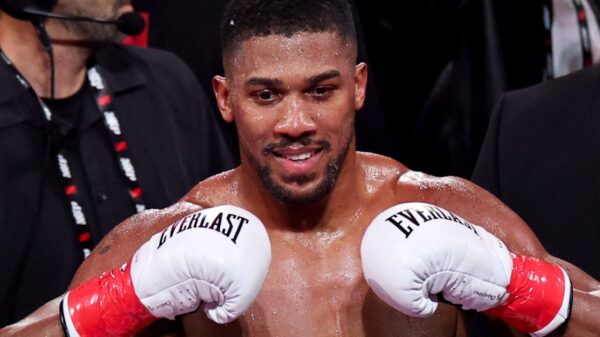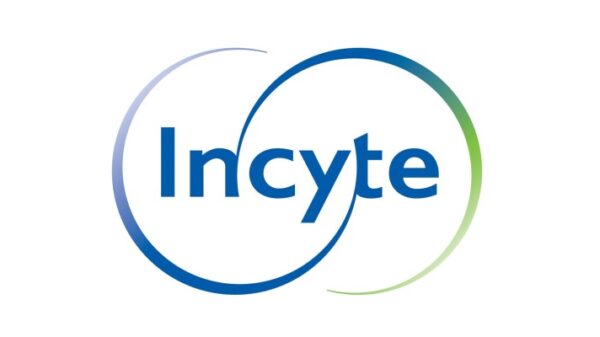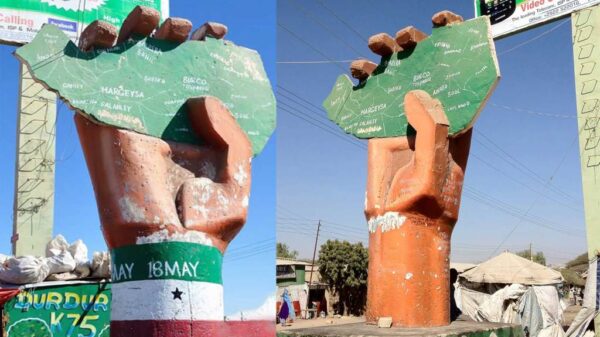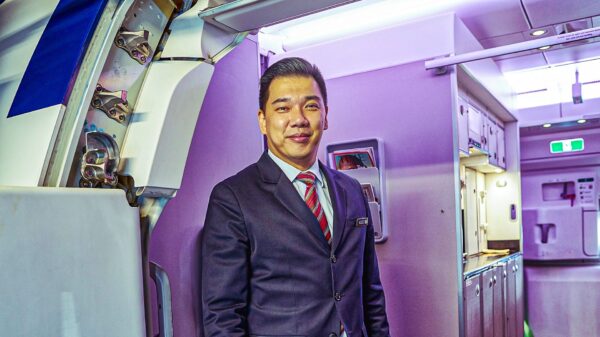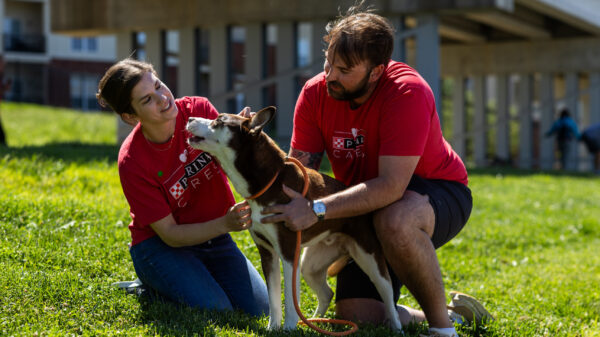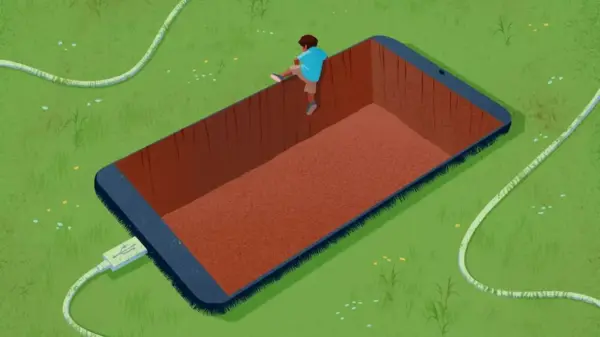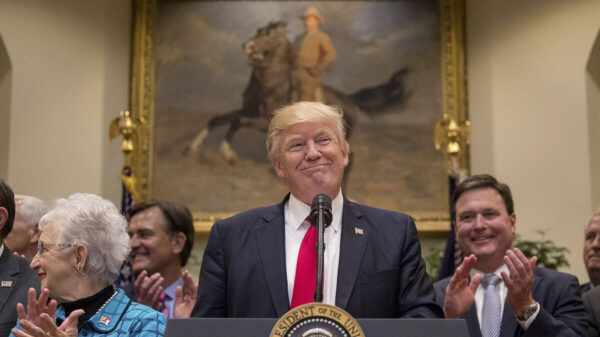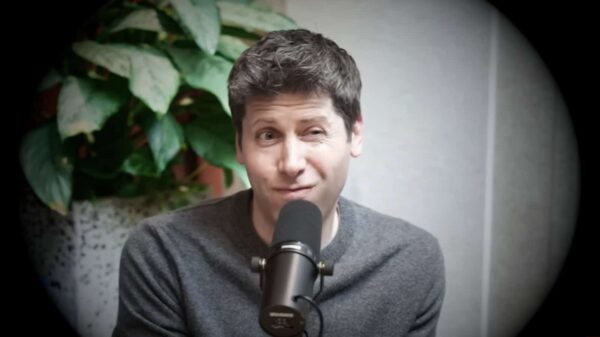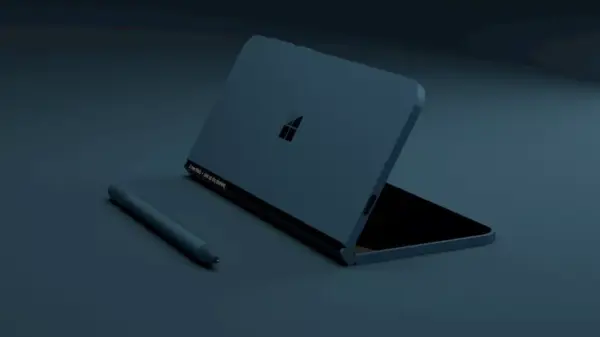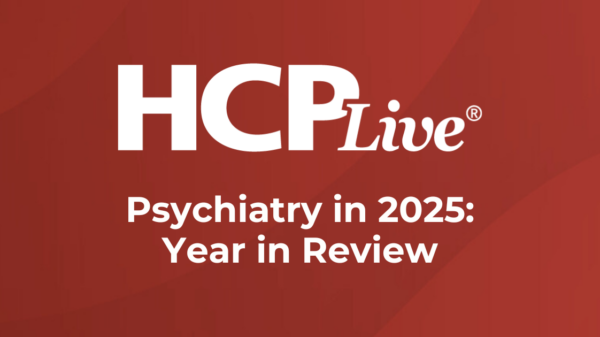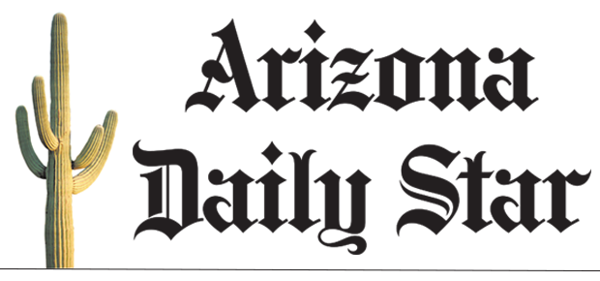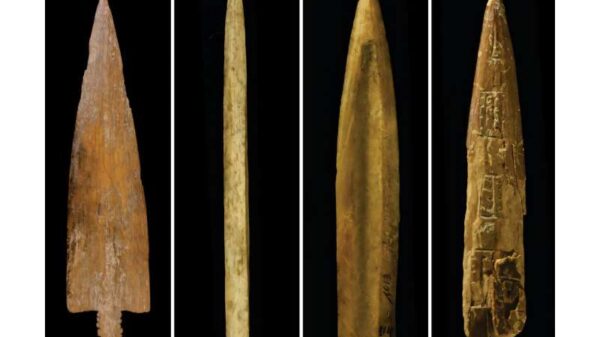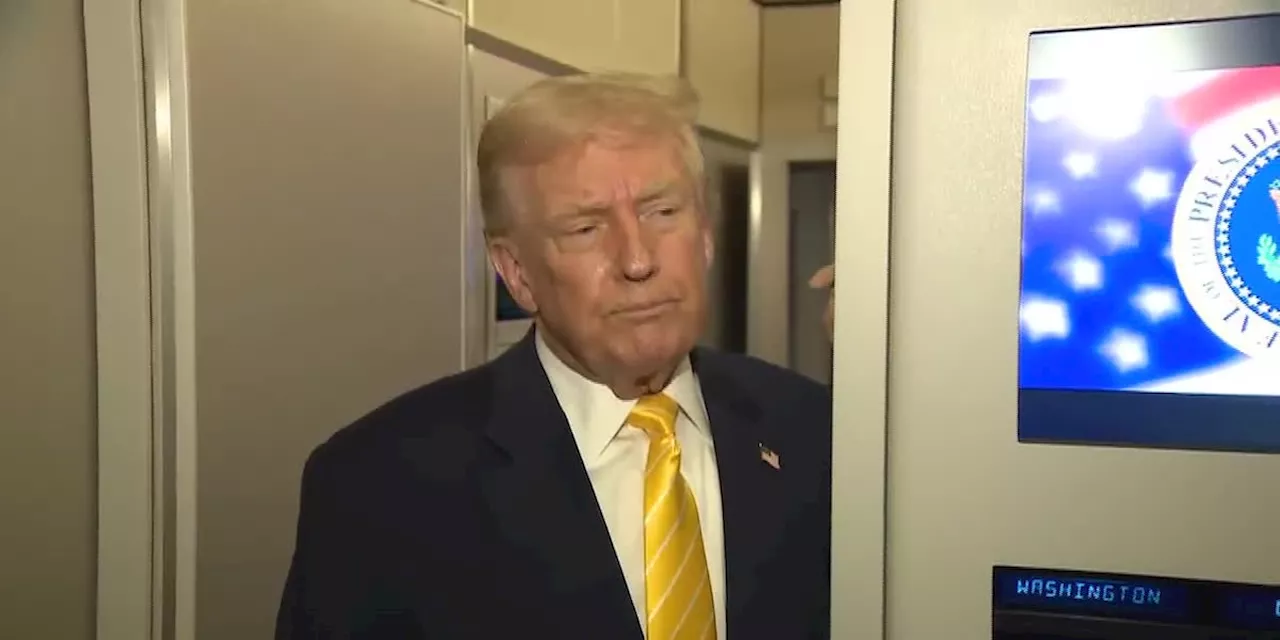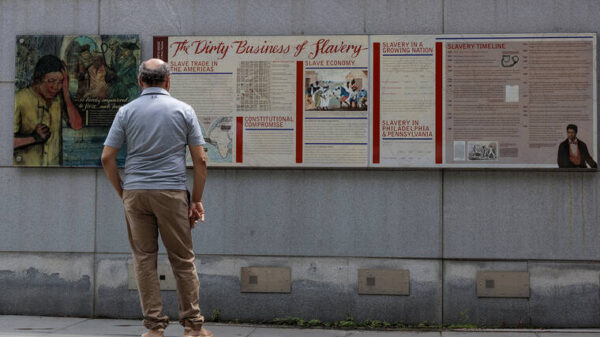President Donald Trump announced plans to sue the BBC for a sum ranging from $1 billion to $5 billion. This legal action stems from allegations that a documentary aired by the broadcaster contained “false” and “defamatory” statements about him. Trump spoke to reporters aboard Air Force One on Friday, indicating that the lawsuit would likely be filed next week.
The controversy revolves around a documentary titled “Trump: A Second Chance?” which included an edited version of Trump’s speech from January 6, 2021. His legal team claims the editing misrepresented his remarks, causing significant financial and reputational harm. The BBC previously issued an apology for what it described as an “error of judgment” regarding the documentary’s content.
Despite this apology, the BBC has strongly rejected the notion that there is a valid basis for a defamation claim. Tim Davie, the Director-General of the BBC, along with Deborah Turness, CEO of BBC News, are both involved in the ongoing discussions surrounding the documentary and its implications.
Trump’s threats of legal action are not new; he had previously indicated he would pursue a $1 billion lawsuit unless the BBC retracted the documentary and issued a formal apology. His lawyers assert that the edits led to overwhelming harm, prompting this latest announcement of a potential lawsuit.
The BBC has confirmed that it has no plans to rebroadcast the documentary in question. This ongoing situation has sparked debates about media responsibility and the standards to which established organizations are held, especially when reporting on prominent political figures. Critics have pointed out that Trump’s litigation poses questions about the balance between free speech and accountability in journalism.
As the situation unfolds, it will be crucial to monitor how both parties navigate the legal landscape surrounding media coverage and political discourse.







